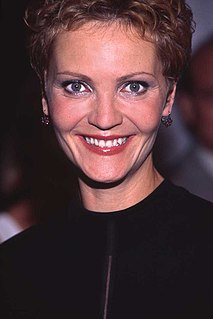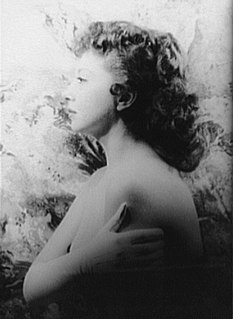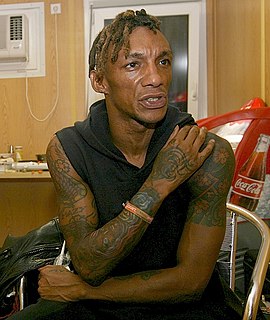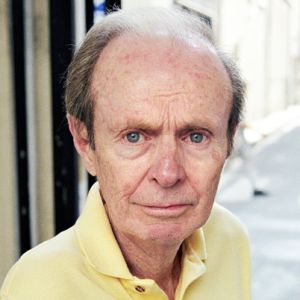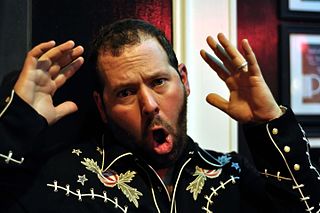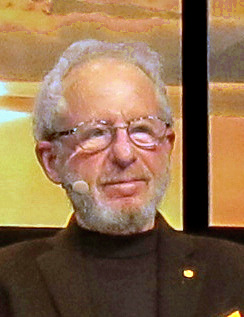A Quote by Tamara Jenkins
I had the experience of having my grandmother in a nursing home at the end of her life, and had dementia set in with my father. He was in a nursing home with dementia at the end of his life, but it happened for me personally 10 years ago. My father was much older than my mother, so I experienced it as a pretty young person. People's parents die at various ages, but my father died of mortality. He died of being an old person. Illness and stuff happened, but essentially, he was old and he was going to die.
Quote Topics
Ages
Being
Dementia
Die
Died
End
Essentially
Experience
Experienced
Father
Father Died
Going
Grandmother
Had
Happened
Having
Her
His
Home
Illness
Life
Me
Mortality
Mother
Much
My Father Died
My Grandmother
Nursing
Nursing Home
Old
Old Person
Older
Parents
People
Person
Personally
Pretty
Set
Stuff
Than
Various
Years
Years Ago
Young
Young Person
Related Quotes
My father died five days before I returned to New York. He was only fifty-three years old. My parents and my father's doctor had all decided it was wiser for me to go to South America than to stay home and see Papa waste away. For a long time, I felt an enormous sense of guilt about having left my father's side when he was so sick.
Well, the reality of her father was that he was a very diseased alcoholic, who died at the age of 34. And one always has to pause to wonder how much you have to drink to die at 34. And he was a really tragic father. I mean, he was absolutely unreliable. He was absolutely involved with various people. He had outside families, outside children, outside wives. He made his wife's life miserable. And she [Eleanor Roosevelt]ignored all of his faults and retained this sense of him as the perfect father.
They say 'life is precious'. To who? To you, when you're young and you've got a few dollars in your pocket. Tell that to the 90-year-old lying awake at the graveyard shift in the nursing home, groaning with dementia. The only reason he hasn't killed himself is that he hasn't figured out a way he can do it with pudding.
I was sitting at home and had a profound experience. I experienced, in all of my Being, that someday I was going to die, and it wouldn't be like it had been happening, almost dying but somehow staying alive, but I would just die! And two things would happen right before I died: I would regret my entire life; I would want to live it over again. This terrified me. The thought that I would live my entire life, look at it and realize I blew it forced me to do something with my life.
The child in me could not die as it should have died, because according too legends it must find its father again. The old legends knew, perhaps, that in absence the father becomes glorified, deified, eroticized, and this outrage against God the Father has to be atoned for. The human father has to be confronted and recognized as human, as man who created a child and then, by his absence, left the child fatherless and then Godless.

